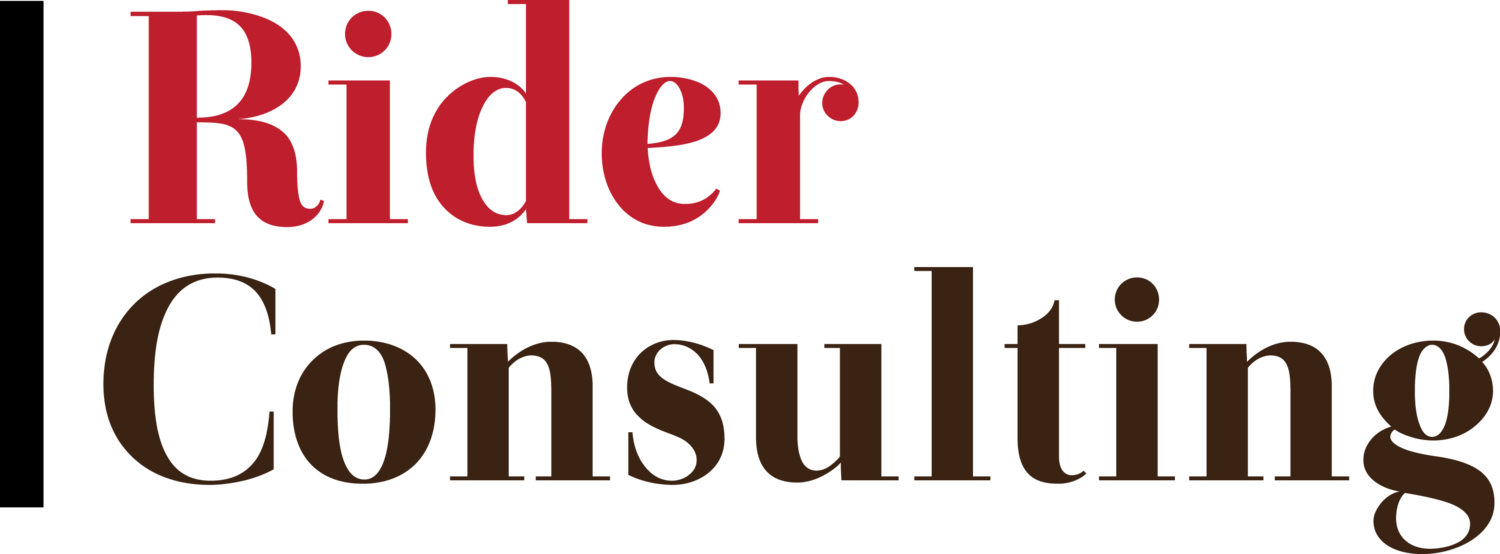Nobody wants to go alone--or at least, nobody wants to wade into a glacial river by themselves. To ford a glacial river, it helps to have companions. Each of you unbuckle your backpacks, put on some grubby shoes that can get wet, and take a place along a long thick stick before heading at an upstream angle to move forward. You support each other using the stick. Walking at an angle, you end up moving forward. With your pack unbuckled, you can discard things that would weigh you down if you were to fall on slippery underwater rocks. Those grubby sneakers? You leave them on the other side of the river with the stick for the next hikers.
Funders, both public and private, benefit from partners. Whether their overarching missions are the same or not, if they share a common goal they know it is best to coordinate or collaborate. Partnerships are forged as trust develops. Partnership is not always easy, but it's necessary in order to push that river. Funders rely on their partners to maintain a forward progress. They prepare to release baggage if necessary. They know that their feet are going to get wet, and prepare for it. And they share their tools with the next group.
The W.K. Kellogg Foundation, Rasmuson Foundation, Bethel Community Services Foundation have been partnering for over seven years to meet mutual goals by supporting the Alaska Native Tribal Health Consortium and University of Washington's DENTEX program. Alice Warner, Tom Hawkins, and Chris Perez from the three foundations described their path at the Philanthropy Northwest Conference in Juneau earlier this month.
Trust, cooperation, and coordination at every level helps Kellogg, Rasmuson, and Bethel to not only ford the river but to push the river. High quality health care in rural Alaska, racial justice for Alaska Native people, and sustainable practice are the result.
Alice Warner, W.K.Kellogg Foundation; Tom Hawkins, Bethel Community Services Foundation; Chris Perez, Rasmuson Foundation. Photo: Kathy Reincke, W.K. Kellogg Foundation


